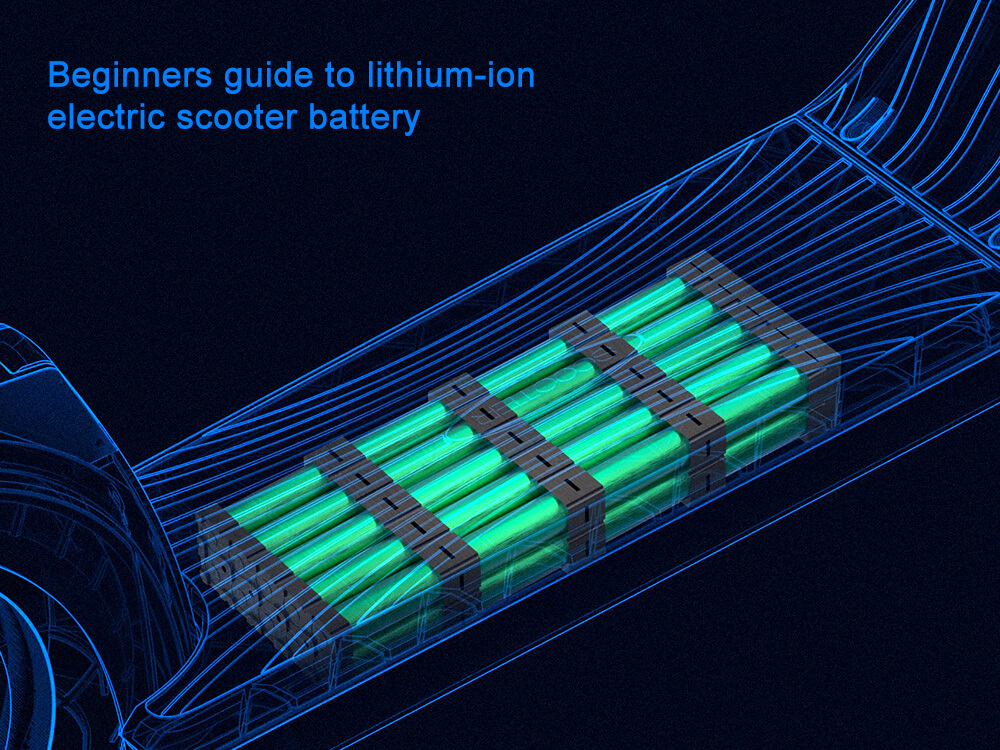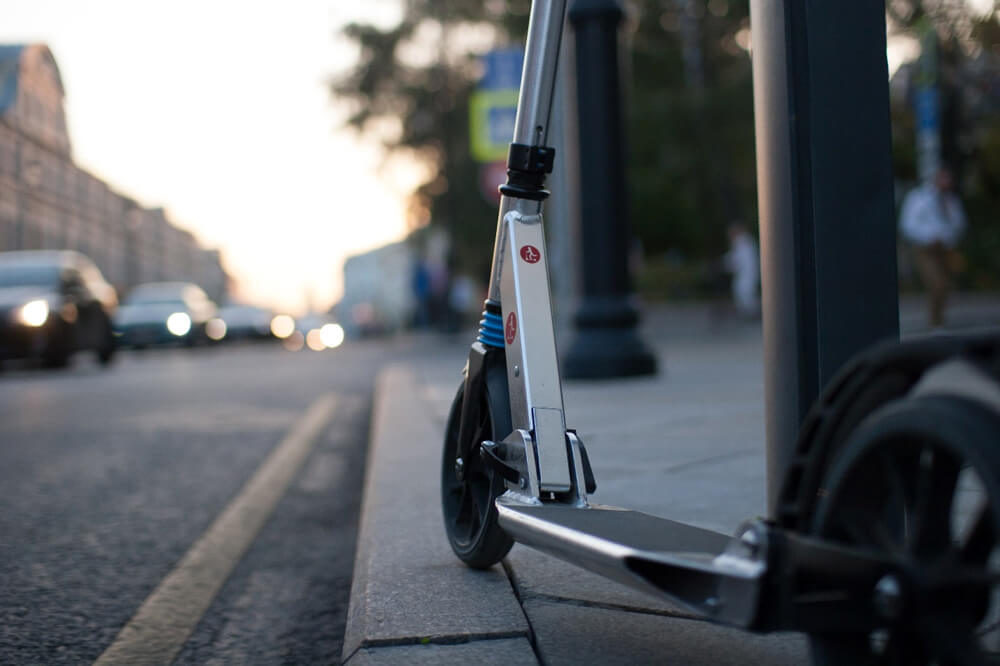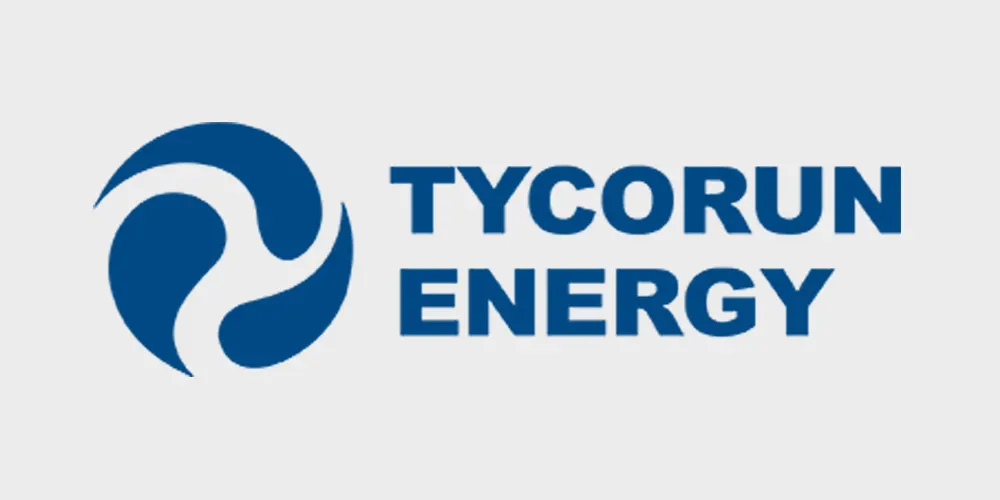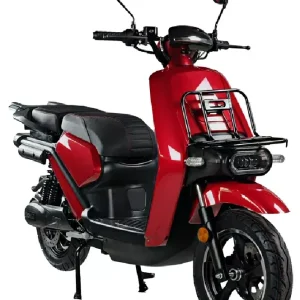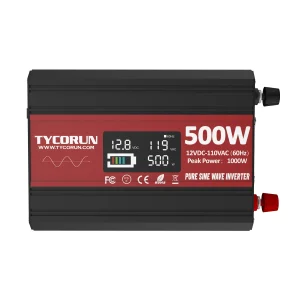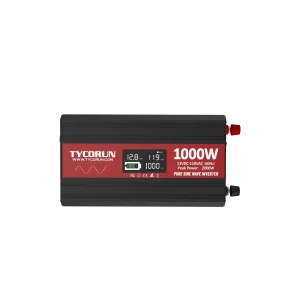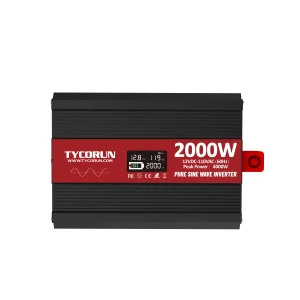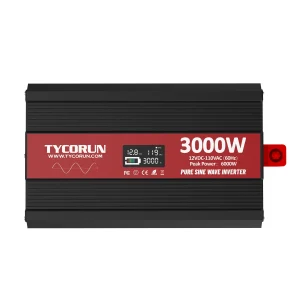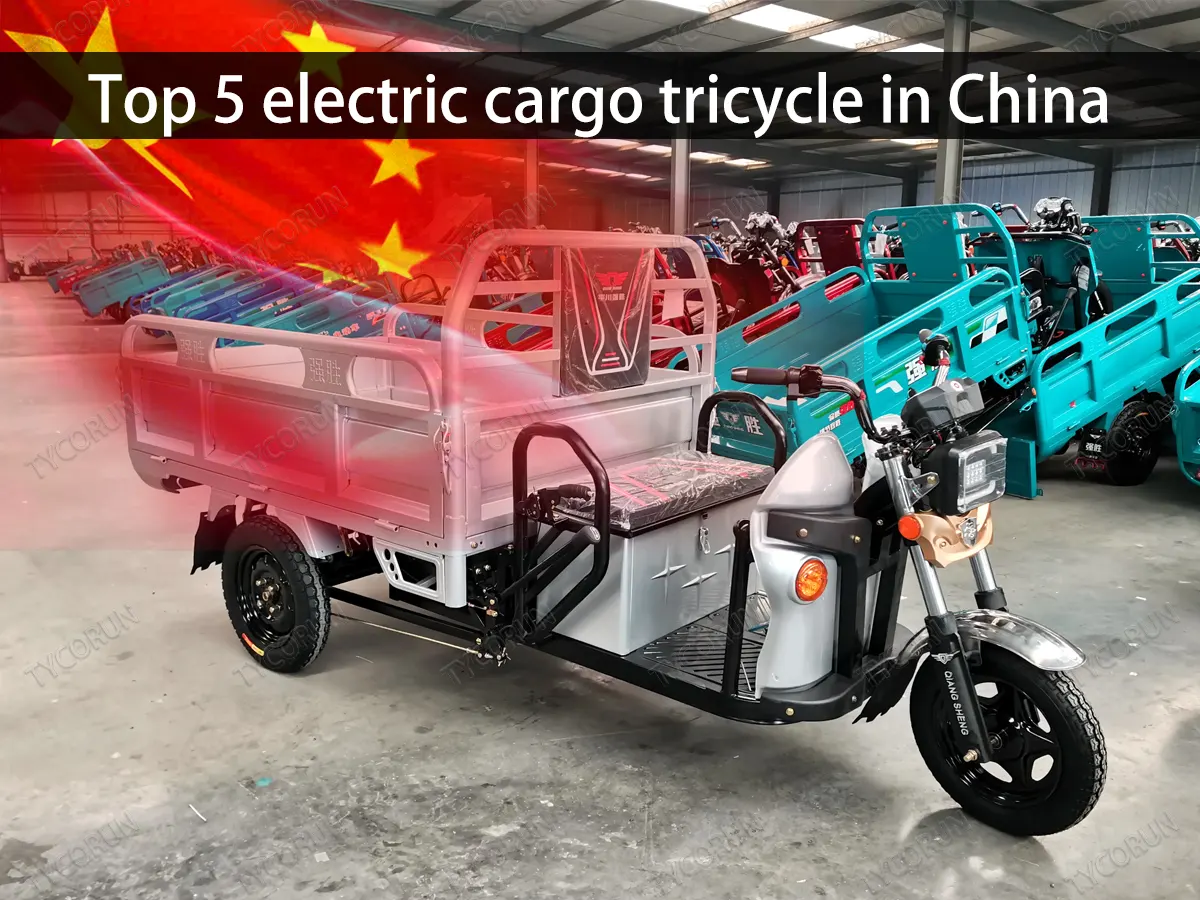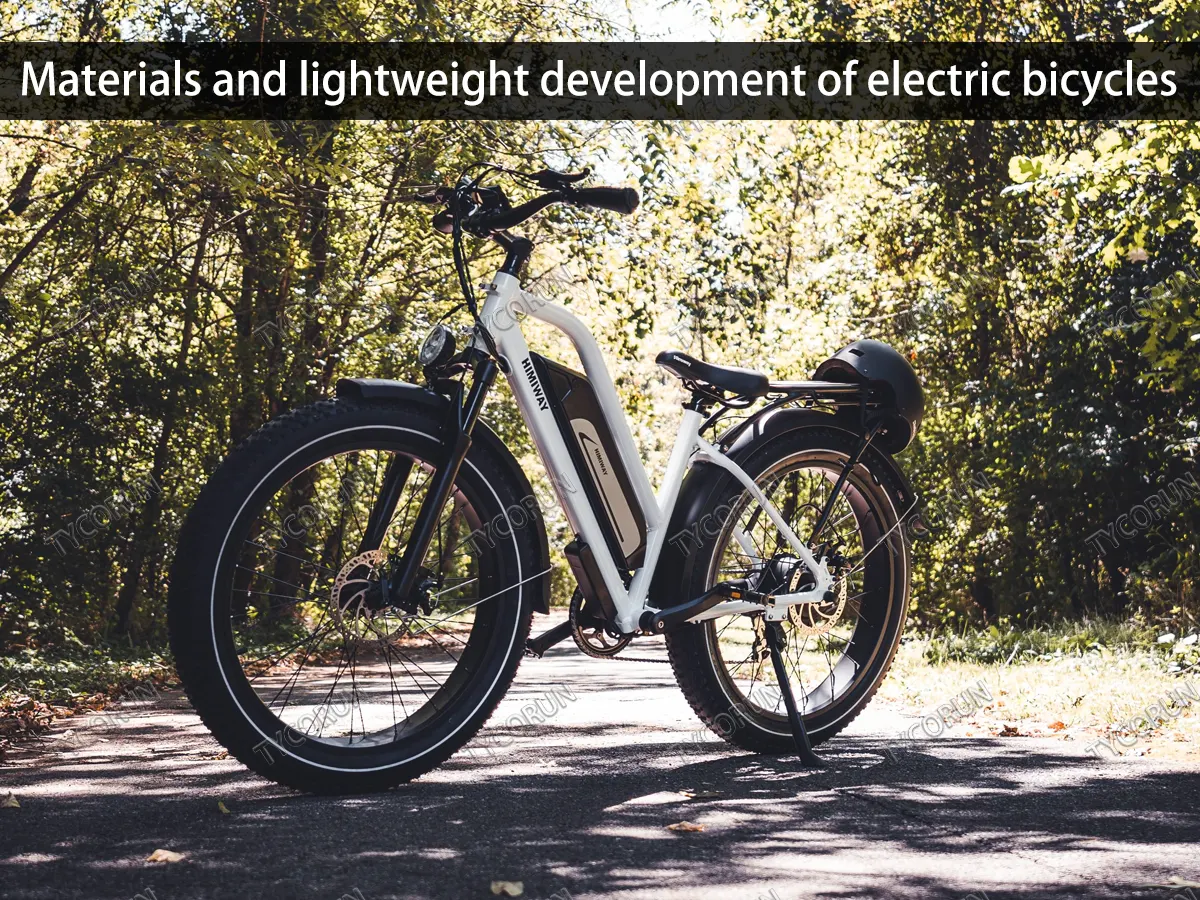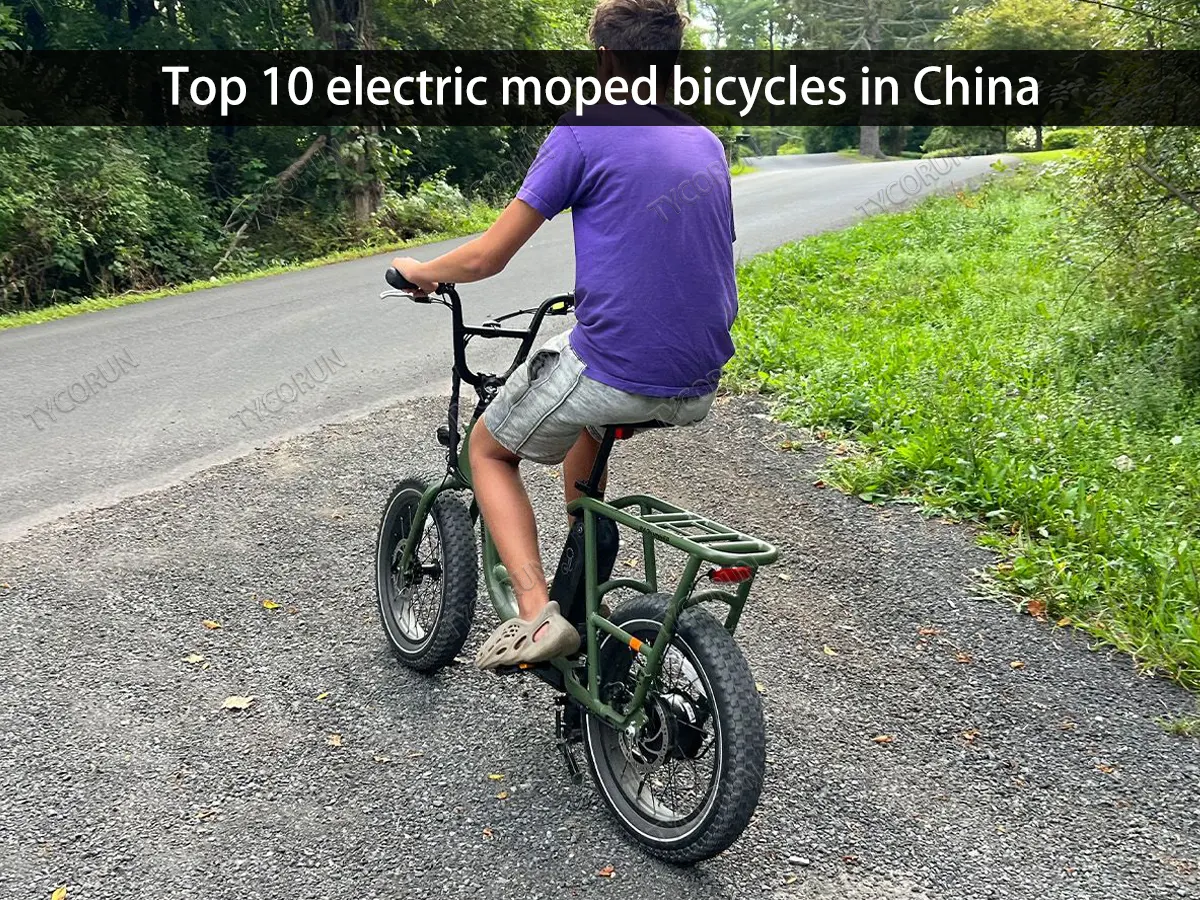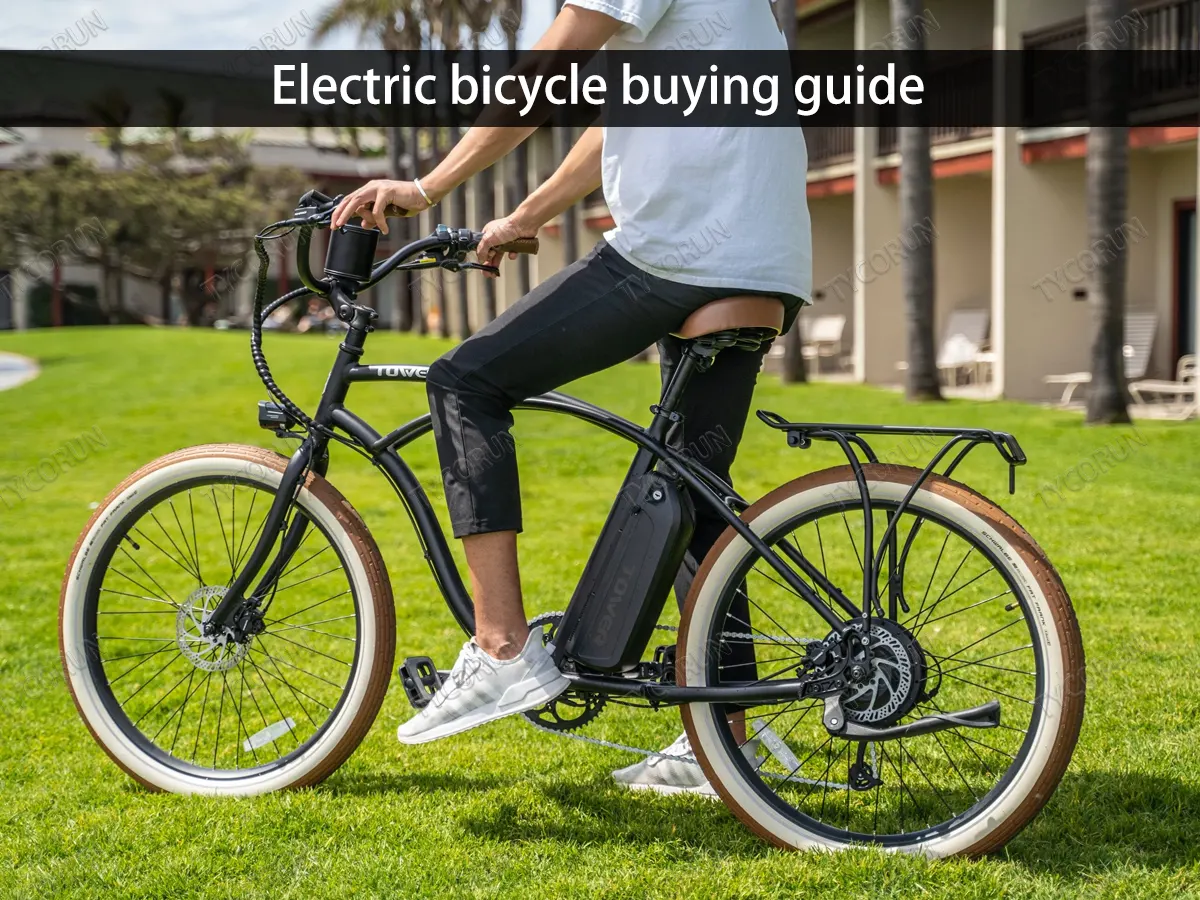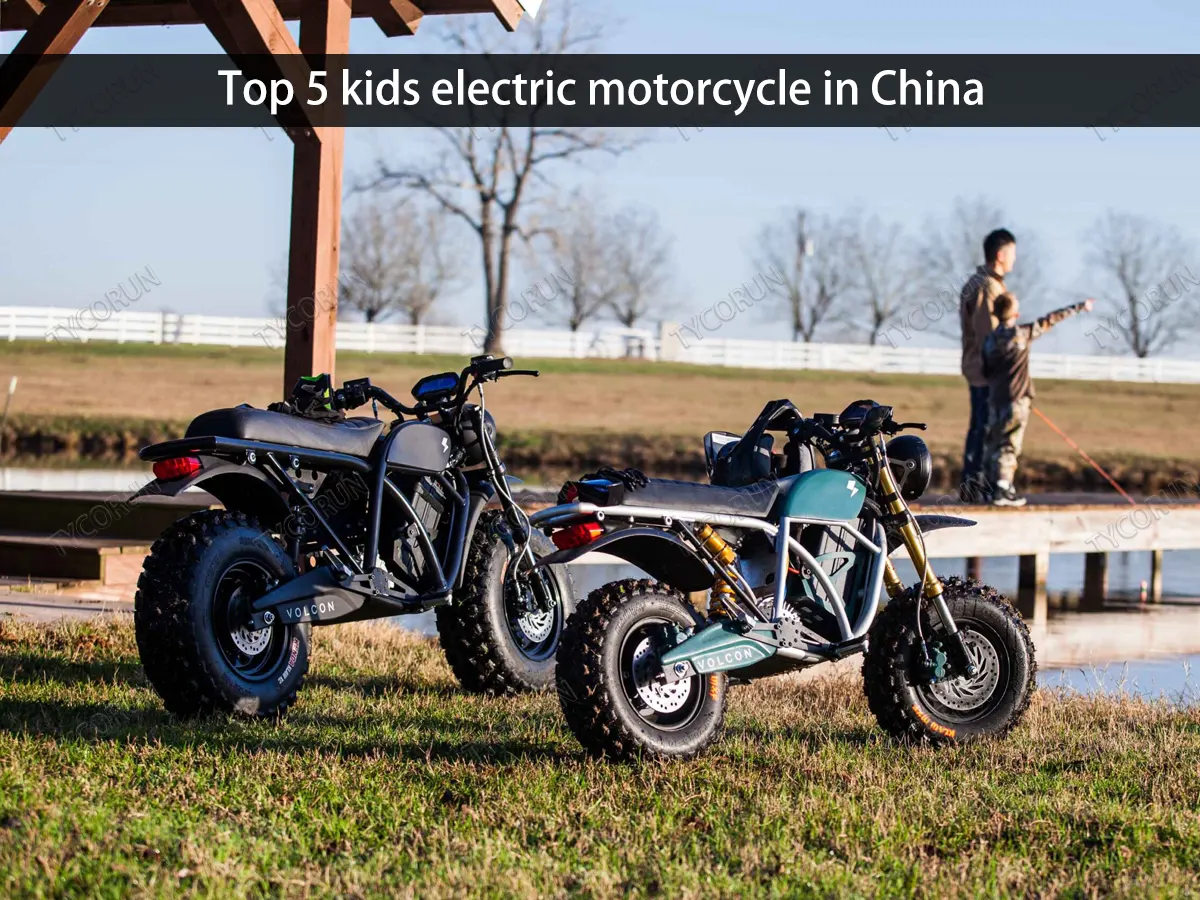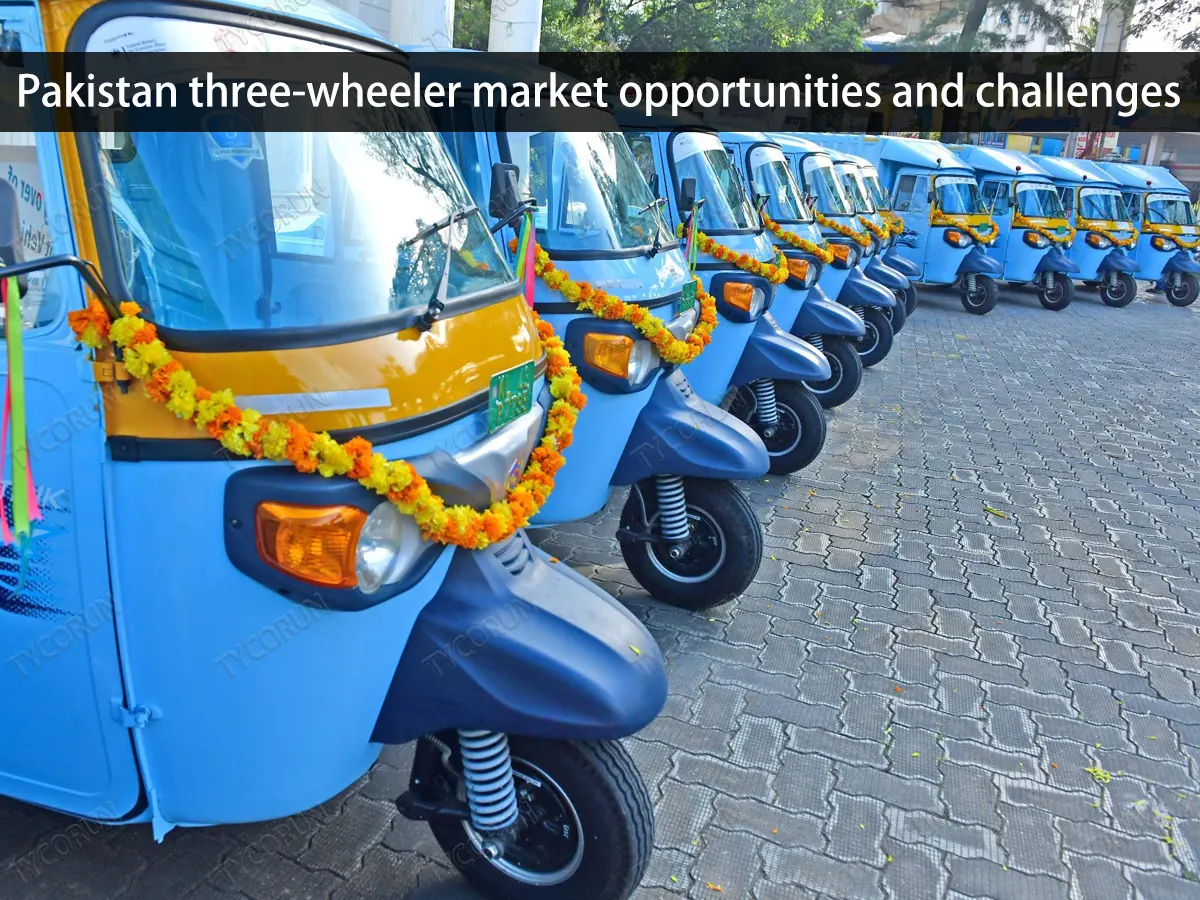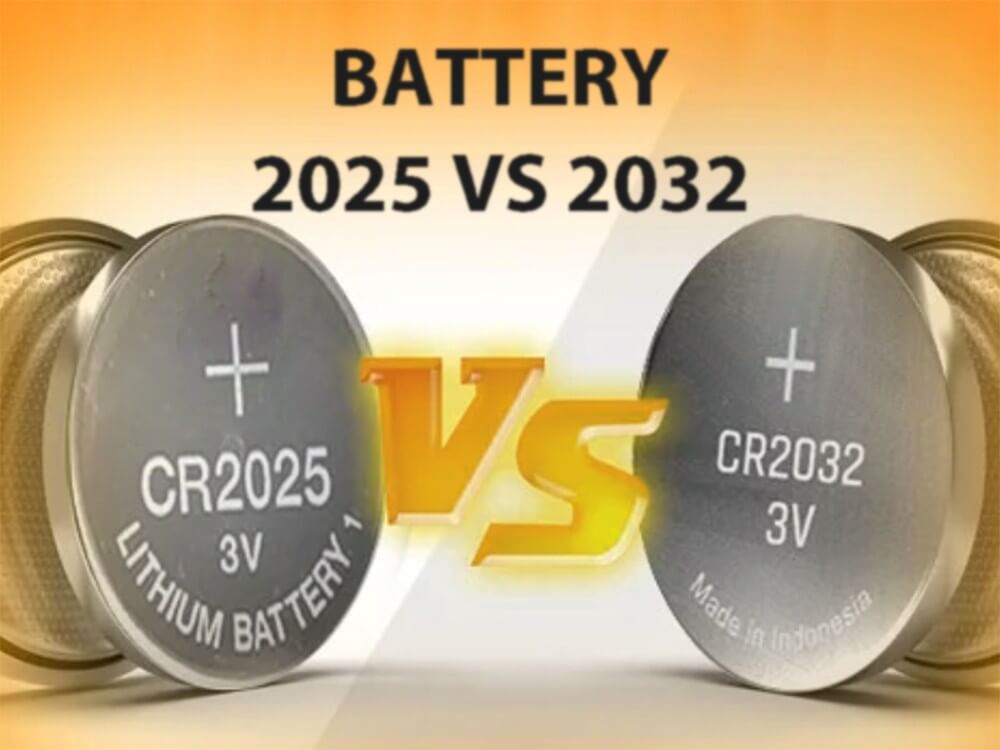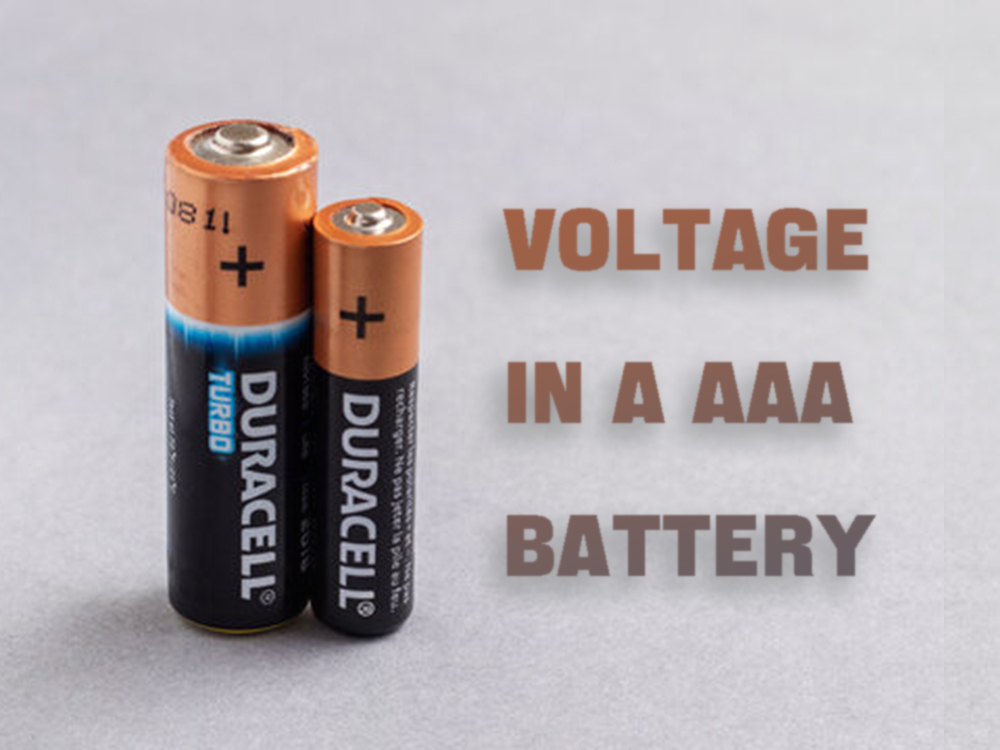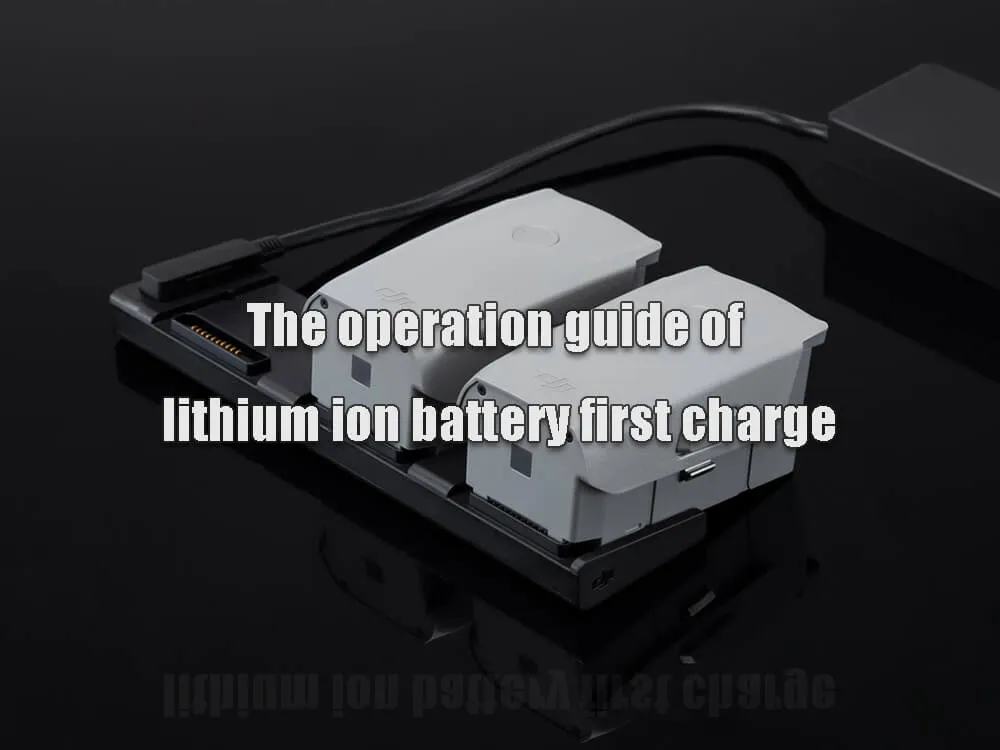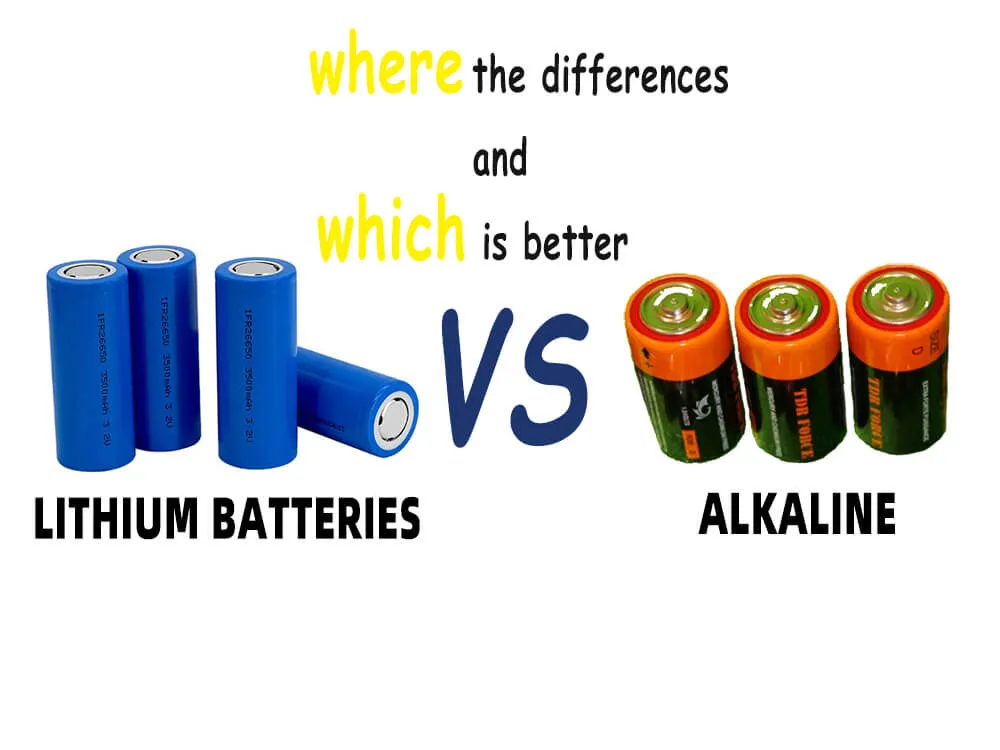Home » lithium ion battery knowledge » Beginners guide to lithium-ion electric scooter battery
Beginners guide to lithium-ion electric scooter battery
- What are lithium-ion electric scooter batteries
- What to look for when buying an electric scooter battery
- Features of lithium-ion electric scooter battery
- Pros and cons of lithium-ion electric scooter battery
- Different types of batteries used for electric scooters
- Why choose lithium-ion batteries over other batteries
- Charger for lithium-ion scooter battery
- Basic knowledge of using lithium ion batteries
- Frequently asked questions related electric Scooter Batteries
- Conclusion
Do you know why learning everything about your scooter battery is necessary? Because nearly half of the entire cost of your scooter is of your battery, which is why maintenance and complete knowledge of your battery scooter is essential. Otherwise, the life span of your scooter will reduce to only a few years or even months.
So, let’s dig into the further details of your electric scooter lithium battery.
What are lithium-ion electric scooter batteries
Lithium-ion electric scooter batteries are a revolutionary approach towards scooter batteries. This new kind of battery has gained much appreciation in the last few years. Lithium-ion batteries easily outmatched the traditional lead-acid batteries because of their lightweight and long durabilities.
With the use of Li-ion batteries in scooters, easy use of scooters as a medium of transport was made possible. The main features of these eco-friendly batteries involve a wide range of temperature tolerance, more life cycles, high energy density, and lightweight.
What to look for when buying an electric scooter battery
Battery capacity
The battery capacity of a 12v scooter battery is measured in the units of power that are watt-hour, Wh. in simple words, a battery of 10 Wh capacity can supply energy of 10 watts per hour. The average capacity range of electric scooters is from 100 to 3000 Wh. You can easily choose the capacity according to your requirements from this wide range.
Power
Considering power as a selection factor can come in handy when you live in a hilly area. Always go for lithium-ion batteries with 250 and above watt power. You can also look for batteries that either have two motors with average power or one motor with exceptional watt power as well.
Lifespan
Although the average lifespan of electric scooters lies between two to three years, it can be increased due to extensive care. Make sure when you buy an electric scooter, you select the one which comes with longer lifespans and an assured warranty. Moreover, you can also follow the tips mentioned below to increase the lifespan of your scooter battery.
Features of lithium-ion electric scooter battery
Weight
The most prominent feature of a lithium-ion battery for electric scooters is that they are lightweight. The main reason why lead-acid batteries were not suitable for adult scooters was the heavyweights of batteries, making them inappropriate for adults. Moreover, this lightweight does not affect the overall efficiency of the battery at all. For example, to generate the power of 1KWh, a lead-acid battery of 30kg was required. However, the same amount of power can be generated by a 6kg lithium-ion battery.
Battery life
The battery life of lithium-ion batteries for electric scooters is measured in life cycles instead of years. For a normal battery, life cycles range between a few hundred. However, lithium-ion scooter batteries have exceptional life cycles in the thousands. This particular feature may result in higher costs, but it is all worth it.
Maintenance
Unlike traditional batteries, lithium-ion batteries do not require a constant checkup or maintenance. In the case of lead-acid batteries, a little negligence in the water level could result in bigger problems. However, all you need to do for lithium-ion batteries is keep them clean, away from water, and connect a voltage regulator. As these are perfectly sealed, you do not need to look for acid or water levels constantly.
Charging
Lithium-ion batteries require less time to get fully charged than other kinds of batteries. Where Nickel-cadmium batteries (NiCd) and nickel-metal hybrid batteries (NiMHs) can take up to many hours to charge, Li-ion batteries take only one or two hours to get fully charged.
Pros and cons of lithium-ion electric scooter battery
Following are some of the pros and cons of lithium-ion batteries that you should be aware of.
Pros
●High Density
Lithium-ion batteries have a higher density value, and it means that they are capable of storing more energy as compared to their small sizes. As a result, small-sized Li-ion batteries can result in greater efficiency.
●Relatively Low Self-Discharge
Li-ion batteries used in electric scooters have a low self-discharge. When batteries stay idle and are not used for some time, they constantly keep generating electricity in small amounts. This process results in a reduction of the overall charge of the battery. In the case of lithium-ion batteries, this self-discharge is only about 1 or 2% of the total charge.
●Long-Life
The life of a battery is measured in life cycles and not years. Lithium-ion batteries come with thousands of life cycles which results in longer life of these batteries.
●Battery Management System (BMS)
Lithium-ion batteries come with a battery management system whose function is to help in the proper working of the battery. It regulates the charging, discharging, and external and internal links of the battery with output devices.
●Eco Friendly
As lithium-ion batteries are properly sealed, these offer less damage to the environment when disposed of. Moreover, lithium iron phosphate batteries are extremely eco-friendly batteries among all lithium-ion batteries.
●Low Maintenance
Lithium-ion batteries require low to no maintenance. These are perfectly sealed. Thus, you do not have to constantly check for water levels. However, you do have to keep them clean and constantly inspect the terminals to see for corrosion.
Cons
●High Cost
Due to all the pros mentioned above of lithium-ion batteries, they come with a higher price. However, it is wise to invest in a battery that will give you less headache and last long.
●Needs Protection
You have to keep them in a certain temperature range for best performance. Moreover, a constant checkup of terminals is required to avoid corrosion.
Different types of batteries used for electric scooters
If we talk about the occurrence of a decade and two ago, most electric scooters were made only as kid’s toys, and the reason behind this was the less powerful and reliable batteries.
However, in the early start of 2000, several different types of batteries were available in the market that could be used for electric scooters. Thus, the possibility of making scooters practical for adults became a reality. Listed below are some older and newly introduced electric scooter batteries you can opt for.
Lithium-ion battery
The lithium-ion battery is one of the most powerful versions of batteries introduced in the last few years and has gained the attention of many businesses because of its tremendous features and usage with almost all battery-powered electronics.
Due to their superior nature over other batteries, such as more powerful and long-lasting effects, lithium-ion electric scooter batteries are being introduced in the market. So, here is the list of three types of lithium-ion batteries that can be used for an electric scooter. Let’s have a look.
1.Standard lithium-ion battery
The most popularly used electric scooter battery-standard lithium-ion battery is widely used in the market due to its wide variety of advantages and, of course, fewer cons comparatively. These standard lithium-ion electric scooter batteries have quickly taken over the other batteries like SLAs and other nickel batteries.
2.Lithium polymer
A very newer version of a lithium battery for electric scooters known as lithium polymer batteries is gaining marketing attention with its advanced features. But due to higher pricing values, they are not very popular in the market yet.
3.Lithium iron phosphate
Another new type of lithium battery that possesses many attention-gaining features is the lithium iron phosphate battery, which is the next level of standard lithium battery for electric scooters. It comes with a longer lifespan and claims to be 10X safer.
Lead acid battery
Lead-acid batteries are the most common and the oldest type of batteries that have been used for electric scooters for a long time. Long before introducing lithium-ion batteries, Lead-acid batteries were used as electric scooter batteries. Due to the low pricing structure, they are easily accessible to many people. Still, on the other hand, these old-fashioned batteries are large-sized, heavyweight, and possess shorter battery life which is not suitable for modern electric scooters.
Nickel cadmium battery and nickel metal hybrid battery
These batteries are in-between the li-ion batteries and SLAs. These are commonly used and are available readily in the market. NiCd and NiMH batteries are reasonable to use for electric scooter batteries as they have a high energy density.
Moreover, NiMH batteries are safer than Li-ion batteries, but they also take up to many hours to charge. There is also a chance of a drop in the voltage when used in extreme weather conditions.
Why choose lithium-ion batteries over other batteries
Lithium-ion batteries are a game-changer in the field of electric scooters. Following are some of the main reasons why you should always choose lithium-ion batteries over other batteries:
●Lithium-ion batteries come with a BMS (battery management system) that regulates the proper functioning of the body.
●They have longer life cycles which can increase up to 3 or 3000 life cycles making their lifespans longer than other batteries.
●Lithium-ion batteries require less to no maintenance.
●They can easily work in a wide range of temperatures.
●Lithium is lighter than other metals and can possess a high density per weight. A high value of density enables them to perform better even if they have small sizes.
Charger for lithium-ion scooter battery
Lithium-ion scooter batteries come with a charger, and if you have a 36-volt lithium-ion scooter battery, it is advised to charge the battery with its original charger. You can not use a regular charger to charge your electric scooter because nearly all chargers are specifically made for their respective batteries.
Basic knowledge of using lithium ion batteries
Apart from using the original charger to charge the lithium-ion batteries, you must have some basic knowledge on charging, discharging, usage, and storage of your 12V or 36-volt lithium-ion scooter battery.
● Charging and discharging of electric scooter battery
If you use your scooter daily, it is advised to 100% charge your batteries after each time you use it. Moreover, if you do not use the scooter regularly, have the battery at least 60% charged when it is at rest.
Apart from this, do not charge your scooter if it is still warm after a ride. Let it cool down a bit, and then insert the charger.
● Fast charging vs. slow charging
When it comes to charging your scooter battery, you have two options. You can either use a fast charger or a slow charger. However, it is always recommended to slowly charge your battery because it reduces fire risk. Moreover, a slow charge exposes the battery to a low current, which avoids the anode and cathode pressure.
The opposite is the case with fast charging. You can only use fast charging in case of emergencies because the additional current puts pressure on the anode and cathode, increasing the fire risk.
● Storing your electric scooter battery
One rule has to be followed whenever you are planning to store your electric scooter battery, do not store it in a fully discharged state. Moreover, store it in a cool and shady place.
Frequently asked questions related electric Scooter Batteries
How long does a lithium-ion electric scooter battery last ?
The life duration of a lithium-ion battery for an electric scooter depends on the quality and life cycles of the battery. Normally the life cycles range between 300 to 1000 cycles making the life durability of the batteries from one to five years.
On average, a 12v scooter battery will last up to two to three years.
What is the ideal temperature of the electric scooter battery ?
The ideal working temperature for an electric scooter battery is 0 degrees Celsius or 40 degrees Celsius. Although lithium-ion electric scooters have a wide range of working and can bear extreme weather conditions, they show lower efficiency under temperature of 25 degrees Celsius.
What are the signs of battery failure?
Following are some of the signs that indicate a failure of scooter batteries:
●The engine will take more time to get started
●You might sense a foul smell every time you turn on the scooter
●You might notice corrosion on the terminals of your battery that indicate dying of the battery
●Dimming of the headlights
●An audible clicking sound when turning on the engine
How to maximize the life of your scooter battery ?
Following are some of the key factors you can adopt to maximize the life of your scooter battery:
●Make sure to 100% charge your battery scooter before your first ride for a perfect kickstart.
●Always try to keep your charger at least 50% charged.
●Do not overcharge your battery, and always unplug when you see the indication of battery full.
●Try to stay in a temperature range of minus 10 degrees Celsius to 45 degrees Celsius while you are riding the scooter. This range is ideal for the proper working of your scooter. Moreover, maintain a temperature range of 0 degrees Celsius to 35 degrees Celsius when you are charging your battery.
●A rise in temperature while charging the electric scooter lithium battery can result in ignition and fire eruption. As a result, avoid this at any cost.
●If you are not using your scooter for the past couple of days, make sure to remove the battery from the scooter and save it in a safe place. The temperature range can be between 0 degrees Celsius to 40 degrees Celsius while the battery is not used.
●Instead of completely discharging the battery, keep at least 15% of the charge before recharging.
●Avoid using electric scooters in the rain.
Conclusion
If you are a scooter owner, you must have found this information extremely helpful. Just make sure to properly charge your electric scooter battery and keep it under a dry shed when you are not using it. In this way, the life duration of your battery will increase.
Let us know if you have any questions related to this information.

